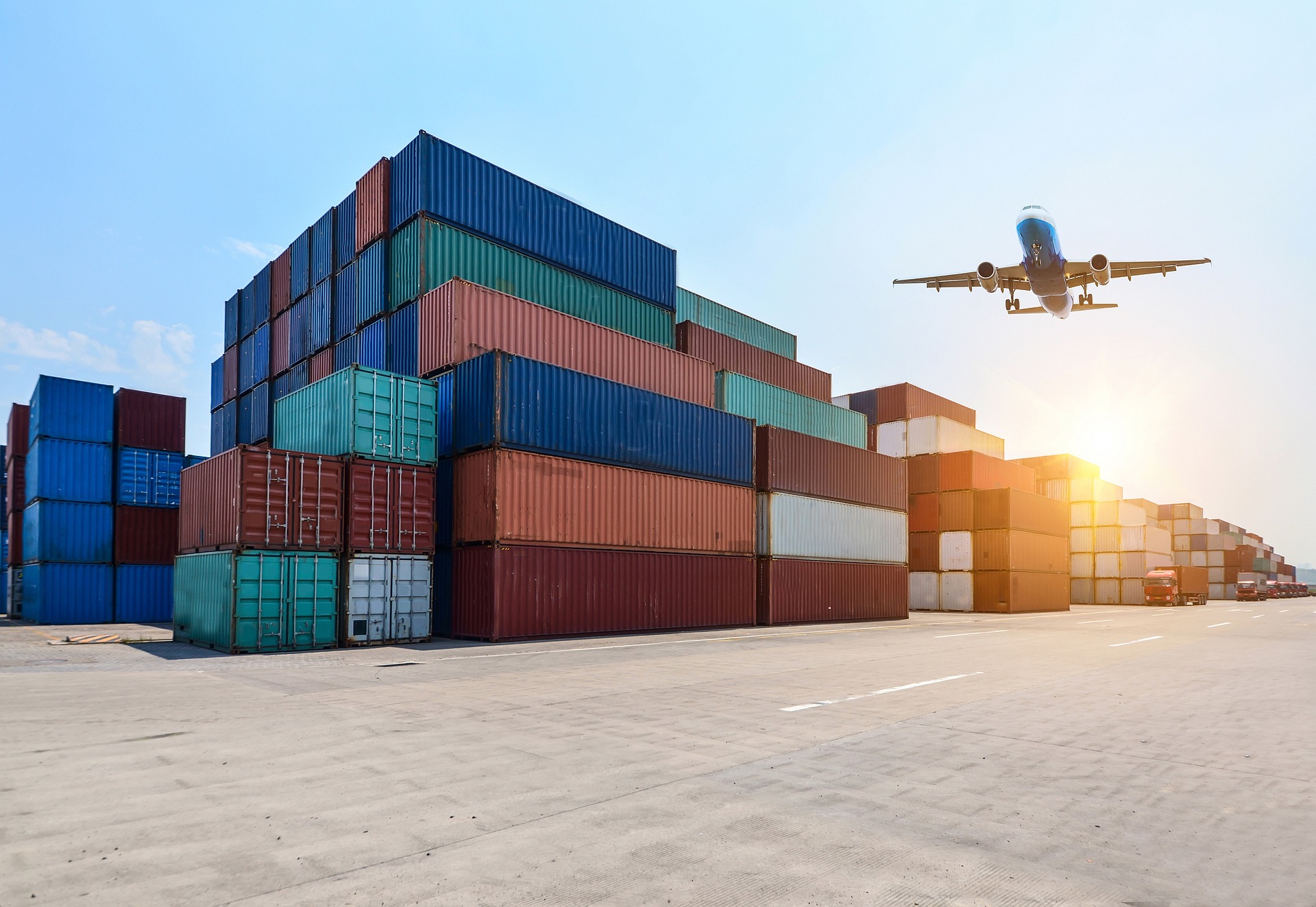Pakistan’s Finance Minister, Senator Muhammad Aurangzeb, emphasized the country’s focus on expanding exports—both skilled labor and tangible goods—during his recent remarks at the AlUla Conference for Emerging Market Economies. He highlighted the significant opportunity presented by Saudi Arabia’s Vision 2030, which is driving the Gulf nation’s growing demand for skilled workers, particularly in sectors tied to its ambitious economic transformation.
Speaking to Arab News, Aurangzeb noted that as Saudi Arabia progresses towards its Vision 2030 goals, the demand for skilled labor has surged. Pakistan, with its large workforce of skilled professionals, is well-positioned to meet these needs, he said. “This is an excellent opportunity for Pakistan to align its exports with Saudi Arabia’s expanding workforce demands,” Aurangzeb added, noting that this would also strengthen the longstanding relationship between the two nations.
In addition to labor exports, Aurangzeb also pointed to Pakistan’s growing exports of tangible goods to Saudi Arabia, particularly in the business-to-business (B2B) sector. He pointed to Saudi investments in Pakistan, including Saudi Aramco’s entry into the downstream petroleum sector, as signs of a bright future for trade between the two countries. The finance minister also mentioned ongoing government-to-government (G2G) agreements, which are expected to be finalized later this year.
Pakistan’s ties with Saudi Arabia are part of broader economic cooperation with other Gulf Cooperation Council (GCC) nations. Aurangzeb took part in a regional discussion alongside finance ministers from the United Arab Emirates (UAE), Egypt, Jordan, Morocco, and other GCC countries. The discussion, focused on regional economic cooperation, financial policies, and development strategies, emphasized shared economic goals and sustainable growth opportunities for emerging markets.
He also acknowledged the significant investments flowing from Saudi Arabia into Pakistan, particularly in sectors like energy and infrastructure. “Saudi Arabia’s investments, as well as the support it has provided for Pakistan’s IMF program, are vital components in fostering economic resilience,” he said.
Minister Aurangzeb stressed that while Pakistan is focusing on boosting both skilled labor exports and tangible goods trade, the insights from Saudi Arabia’s Vision 2030 provide a valuable model for Pakistan’s own ongoing structural reforms. With Pakistan’s commitment to stability and growth, the finance minister expressed optimism that these growing partnerships with Saudi Arabia and other GCC nations would lead to mutually beneficial economic outcomes.
In summary, Pakistan is aiming to leverage its relationship with Saudi Arabia and other GCC countries to increase both skilled labor and tangible goods exports, while continuing to attract investment in strategic sectors. The ongoing collaboration, as reflected in the recent talks, is seen as a crucial element for the country’s economic future.



